Africa
Two years into war, Sudan faces a humanitarian crisis of massive proportions
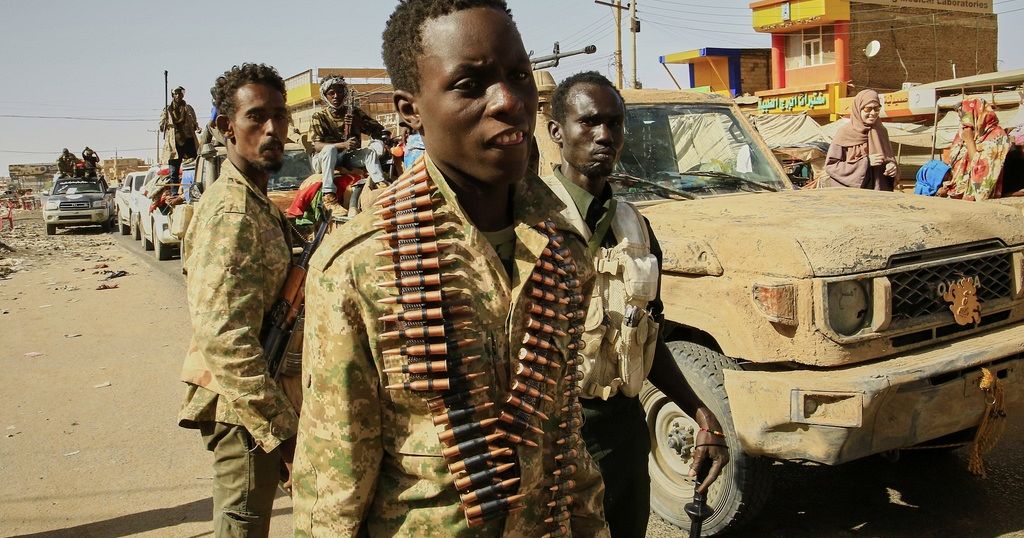
As Sudan marks two years since the outbreak of civil war, humanitarian agencies are warning of the immense and growing needs faced by the country’s population, particularly in its devastated capital, Khartoum.
UNICEF’s Representative to Sudan, Sheldon Yett, described a deeply alarming situation as limited humanitarian aid begins to trickle into newly accessible areas. “It is getting through but not enough, and the needs remain massive,” Yett said in a recent video call with The Associated Press. “As Khartoum opens up, I shudder to think about what we’re going to see and how great the needs are.”
Khartoum, once a bustling metropolis, now lies in ruins—one of the epicenters of the conflict that erupted on April 15, 2023. The war, sparked by a violent power struggle between the Sudanese military and the paramilitary Rapid Support Forces (RSF), has left at least 20,000 people dead, though real figures are believed to be significantly higher.
Despite the Sudanese military’s recent recapture of Khartoum—an important symbolic victory—the return to normalcy remains elusive. The RSF retains control over vast swaths of territory, particularly in Darfur, where the U.N. reported more than 300 civilian deaths just last weekend in a fresh wave of violence.
“People don’t know what’s going to happen next,” Yett noted. “They’re hearing that things are going back to normal, but they’re scared. They know about the destruction. Some have heard about unexploded bombs still in the city, which puts them at serious risk.”
Services in Khartoum are only beginning to resume, and from what Yett calls “a very low base.” Much of the city’s public health infrastructure has been destroyed, leaving families concerned not just about security, but also about their livelihoods and the wellbeing of their children.
“Unless children are able to access public health institutions, medical institutions, I’m afraid it’s only going to get worse,” Yett warned.
The broader picture remains dire. According to the World Food Programme, nearly 25 million people—half of Sudan’s population—are now facing extreme hunger. More than three million have been forced to flee the country, seeking refuge in neighboring nations like Chad and Egypt.
With both warring parties accused of committing war crimes, and civilian casualties continuing to mount, the call for increased humanitarian assistance and a durable political solution is more urgent than ever.
Africa
Iran seeks Russia’s support for its nuclear talks with US
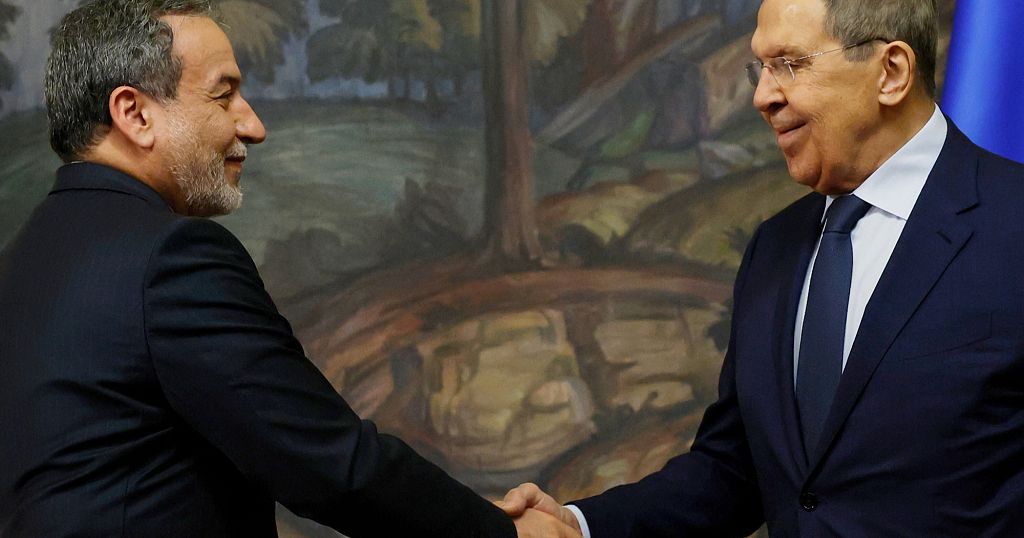
Iran on Friday sought support from Russia over a possible deal with Washington over Tehran’s rapidly advancing nuclear program, ahead of a second round of talks this weekend in Rome.
Iran’s Foreign Minister Abbas Araghchi said he briefed his Russian counterpart, Sergey Lavrov, on the first round of talks in Oman last week and praised Russia’s role in Iran’s 2015 nuclear deal with world powers that led to lifting of sanctions in return for Tehran’s cap on its nuclear activities.
“We are hopeful, and we expect Russia to continue its supportive role in any new agreement,” Araghchi said in a joint news conference with Lavrov in Moscow.
The 2015 nuclear deal collapsed with Trump’s unilateral withdrawal while Iran abandoned all limits on its nuclear program, and enriches uranium to up to 60% purity — near weapons-grade levels of 90%.
Lavrov said Russia was ready to mediate and assist in the nuclear talks.
“We are ready to help, mediate and play any role that, from Iran’s point of view, will be useful and that will be acceptable to the United States,” Lavrov said. “We proceed from the fact that the only option for an agreement, as the (Iranian) minister just said, is an agreement exclusively on nuclear issues.”
Lavrov said Araghchi met with Russian President Vladimir Putin on Thursday in talks that “emphasized the unprecedented dynamics of (the) political dialogue” between Moscow and Tehran. He did not give details, beyond saying Putin was “very pleased” with the talks.
Araghchi said he gave Putin a message from Supreme Leader Ayatollah Ali Khamenei, who has a final say on all state matters in Iran. He did not elaborate.
In Paris, U.S. Secretary of State Marco Rubio expressed hope that talks with Iran are ″fruitful, and that they’re that they can lead to something. We would all prefer a peaceful resolution and a lasting one.″
Rubio met with British, French and German officials in Paris and pressed them to maintain sanctions against Iran instead of allowing them to run out.
″We should all anticipate, based on the public comments yesterday, that they’re about to get a report from the IAEA that says not just is Iran out of compliance, but Iran is dangerously close to a weapon, closer than they’ve ever been,” Rubio said.
He added: “And then they (the Europeans) are going to have to make a decision about whether they want to reimpose these sanctions. And if Iran is out of compliance, they have to reimpose the sanctions.″
Africa
Trump administration plans to shut down nearly 30 U.S. embassies — over half in Africa
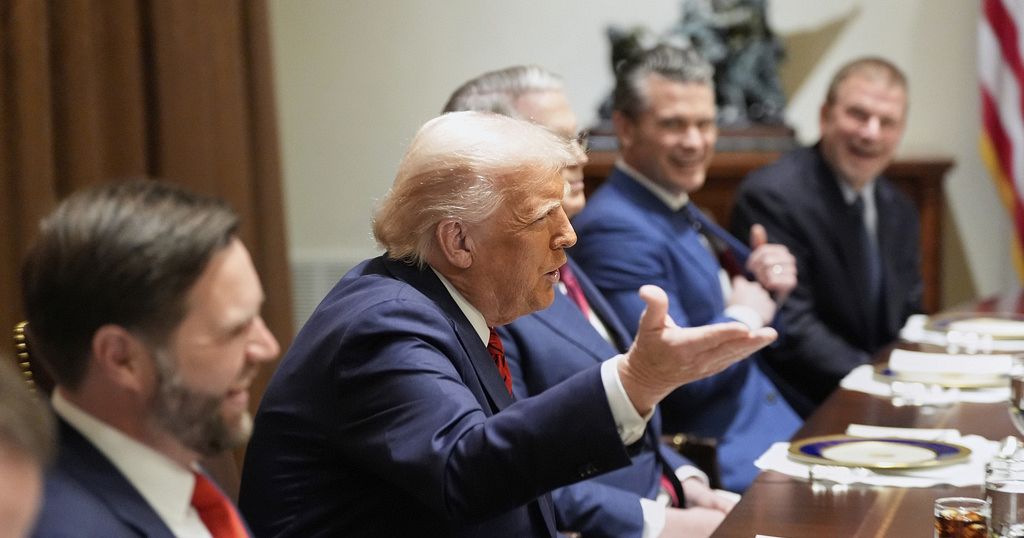
The Trump administration is considering a significant reduction in the United States’ diplomatic presence worldwide, with a proposal to close nearly 30 embassies and consulates, over half of which are located in Africa.
This initiative is part of a broader plan to cut the State Department’s budget by nearly 50%, aiming to reduce foreign aid by approximately 75%.
According to an internal State Department document, the proposed closures include embassies in Lesotho, Eritrea, the Central African Republic, the Republic of Congo, The Gambia, and South Sudan. Additionally, consulates in Durban, South Africa, and Douala, Cameroon, are slated for closure, with their responsibilities potentially being transferred to neighboring countries.
Critics of the proposal express concern that reducing the U.S. diplomatic footprint in Africa could diminish American influence on the continent, especially as other global powers, such as China, continue to expand their presence. They argue that such closures could hinder diplomatic relations, economic partnerships, and the promotion of democratic values.
The administration’s plan also includes the potential closure of embassies in European countries like Malta and Luxembourg, as well as consulates in various cities across Europe and Asia . These proposed changes are part of a larger effort to streamline government operations and reduce federal spending.
Africa
Trump sparks backlash after remarking about Congo
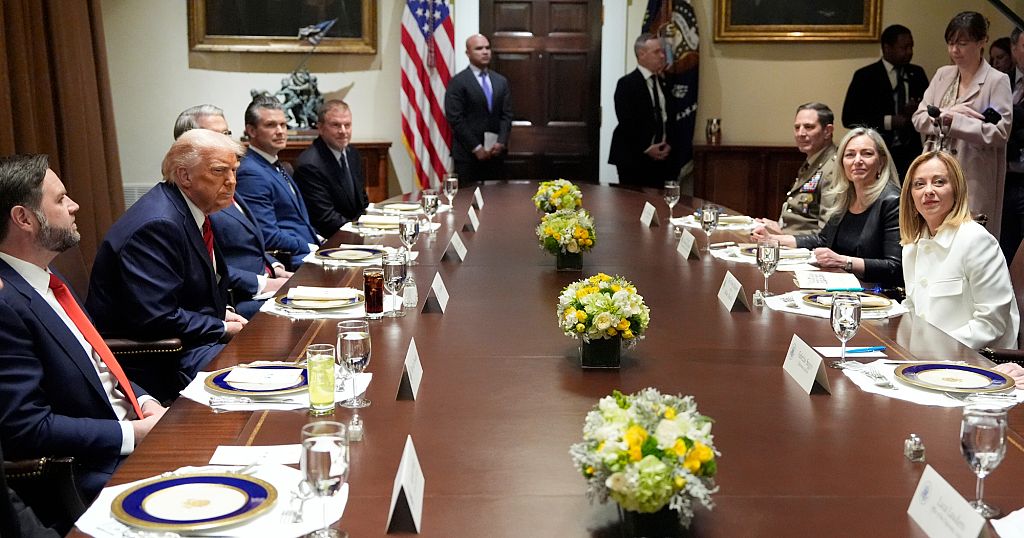
U.S. President Donald Trump drew criticism and confusion after making a dismissive comment about the Democratic Republic of the Congo during a high-profile meeting with Italian Prime Minister Giorgia Meloni at the White House.
While discussing U.S. border security and migration policies—topics where the two right-wing leaders find common ground—Trump claimed that criminal elements from across the world were being released into the United States. “They released jails, Giorgia, from all over the world, and released them not just [from] South America, but all over the world—the Congo in Africa. Many, many people come from the Congo. I don’t know what that is, but they came from the Congo and all over the world they came in,” Trump said.
The remark, particularly the phrase “I don’t know what that is,” referring to Congo—a nation of over 100 million people and one of Africa’s largest countries—has triggered widespread backlash online. Critics accused Trump of ignorance and of reinforcing harmful stereotypes about African nations.
Despite the controversy, Trump doubled down on his assertions about lax border policies under current U.S. leadership, framing the issue as a national security threat due to the alleged influx of foreign criminals. “We had a great border four years ago, but we have a border now that’s even tighter,” he said. “We need to get murderers and drug dealers and people that were in jail… from all over the world.”
The conversation between Trump and Meloni also touched on global geopolitics. While the two leaders see eye-to-eye on curbing migration and promoting nationalist values, they differ sharply on the war in Ukraine. Meloni, unlike Trump, has been a staunch supporter of Ukraine, and her government is playing an active role in discussions around the country’s postwar reconstruction.
Trump, for his part, has repeatedly urged Meloni to increase Italy’s defense spending to meet NATO’s target of 2% of GDP. Italy’s military budget currently stands at 1.49% of its GDP—among the lowest in Europe.
-

 Conflict Zones1 day ago
Conflict Zones1 day agoHaiti in ‘free fall’ as violence escalates, rights group warns | Armed Groups News
-

 Africa2 days ago
Africa2 days agoRobot waiter becomes a star attraction at Havana restaurant
-

 Sports2 days ago
Sports2 days agoDagestan: Why this region of Russia produces so many MMA champions
-
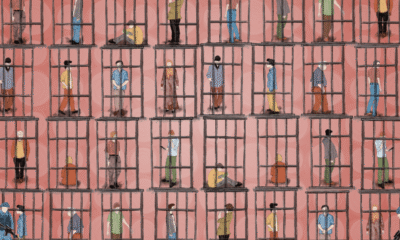
 Conflict Zones2 days ago
Conflict Zones2 days agoA nation behind bars: Why has Israel imprisoned 10,000 Palestinians? | Israel-Palestine conflict News
-

 Sports2 days ago
Sports2 days agoArsenal reaches first Champions League semifinal in 16 years, with Inter Milan also advancing
-

 Sports1 day ago
Sports1 day agoJu Wenjun: Chinese grandmaster makes history by winning fifth Women’s World Chess Championship
-

 Sports1 day ago
Sports1 day agoAaron Boupendza: 28-year-old former MLS player dies after falling from 11th floor balcony in China
-

 Lifestyle1 day ago
Lifestyle1 day agoRalph Lauren stays closer to home this time with intimate Manhattan gallery show




